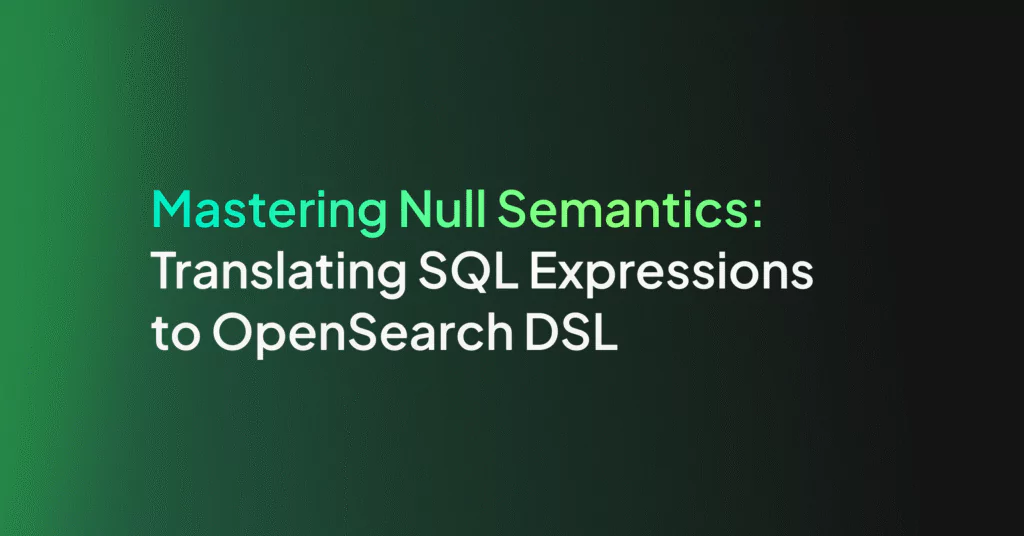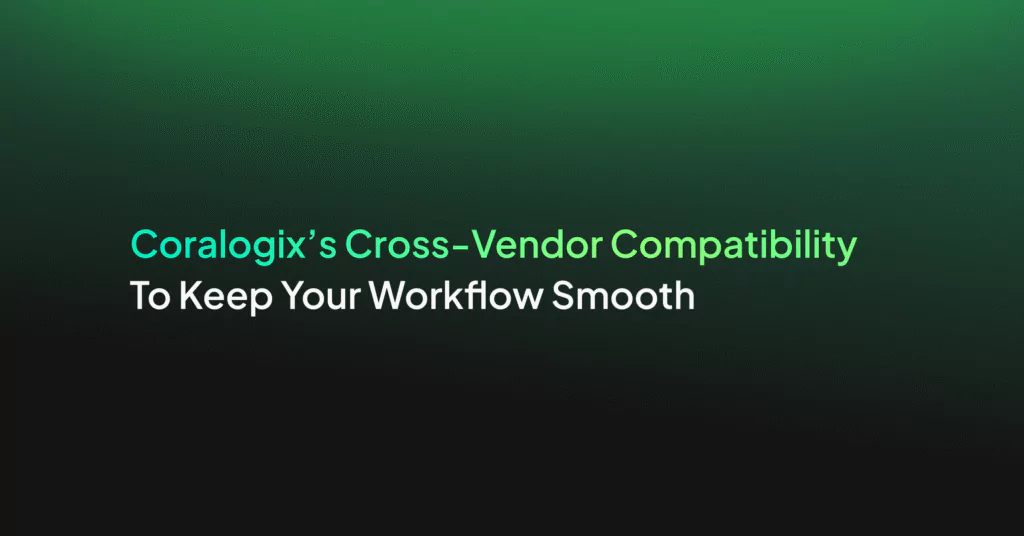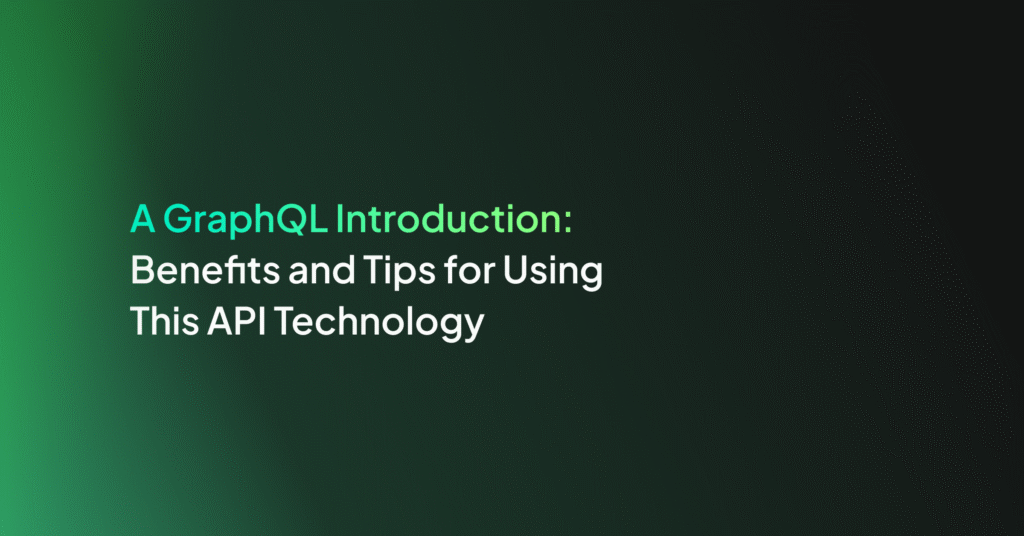Akka License Change: The Impact of Akka’s Move Away From “Open Source”

Akka’s license change has surprised many of us, but it didn’t come out of nowhere. Lightbend recently announced that Akka will be transitioning from an “Open Source” license to a “Source available” license called BSL 1.1. Let’s unpack this to understand what it all means.
What is the difference between Source Available and Open Source?
Source Available is a relatively new term in software licensing. A source available license allows users to view and access the code, however they like, BUT they do not have the same freedoms to use, edit or repackage that code as they do in an open source license.
So why has Lightbend changed the Akka license?
Lightbend has listed a lot of different reasons for why they felt it was time to shift to a source available model. The key points are:
- Lightbend have become the major contributors to the Akka codebase. It is less of a community effort than it was.
- Organizations have been using Akka without contributing back, and this is making it impossible to continue development at the desired pace.
- They’re trying to make a more sustainable open source model, to continue Akka development for years to come.
And the Git commits back them up
When you look through the top names on the GitHub commits for the Akka repository, you see a mixture of people who have all spent significant time working for Akka. Viktor Klang, the greatest contributor by volume, spent ten years at the company but recently left, adding weight to Lightbend’s argument that they need to go ahead with the Akka SPPL license change.
So who is impacted by the Akka license change?
Lightbend have clearly thought about this, and they’ve exempted some groups from their license change to avoid the collateral damage we’ve seen from similar license changes in the past.
2.6.20 is the first “source available” version. Version 2.6.19 is the last open source version of Akka. There will be no further bugs or improvements to these versions, and any subsequent updates will be applied to the source available versions of Akka. This means that if a new CVE is detected in a version before 2.6.20, you may be forced to migrate. (Edit: As of 09/09/2022, Lightbend have changed their position on security patches and will backport critical security updates until September 2023)
A license is needed for larger companies only
The license is only enforced if your company earns over $25 million in annual revenue. Revenue is something of a risky metric since many companies operate on razor-thin profit margins, but this indicates that Lightbend has no interest in going after the smaller companies that are leveraging Akka.
The Play framework is exempt from licensing for now
Lightbend has ensured that users who are using the Play framework, and only the Play framework (i.e they’re not using Akka code aside from the Play framework) do not need to get a license and should not be worried about the Akka license change. However, if you use Akka directly as part of a Play service, you fall in scope for this change and will need to purchase a license from Lightbend.
And there is a change date in place, to revert to open source
A version of Akka will remain under the BSL license for 3 years, but after those 3 years, it will revert to the Apache 2.0 license. This is a nice gesture, but no company is going to leverage 3-year-old dependencies in any meaningful way, so it’s difficult to see how this is going to have a material impact on the user experience, beyond perhaps making the code legally available for reuse in other projects. In short, this 3-year timeout doesn’t do much to limit the impact of the Akka license change.
How much will this new license cost?
Lightbend are operating on a “per core” model, with their base license starting at $1995 per core (defined as a thread or vCPU). This could become potentially expensive for heavy users of Akka.
Lightbend has written a thorough FAQ to cover other questions you may have. Our advice, as is often the case in these situations, is to talk to a corporate lawyer and get an expert opinion on the Akka license change.
How has the community responded?
Lightbend’s careful and considered approach to this change has paid off in many ways. There is far less outrage than we have seen in similar license changes, but that hasn’t stopped open source alternatives to Akka from gaining immediate traction. It will be interesting to see if companies are happy to migrate to another tool, or indeed work on a fork of the existing Akka codebase, in much the same way users moved to Opendistro after the Elastic license change.
What does this mean for Open Source in general?
In early 2021, we saw Elastic change their licensing in a similar way to Akka now. From open source to source available. These are two giants of the software engineering world that became trusted and ubiquitous tools based on their open source community.
There is an ethical gray area here. The nature of open source software development isn’t easily compatible with traditional ideas of ownership. There are stewards and core contributors, but ownership is a little more unclear. It is precisely this community spirit, and absence of commercial interest, that has driven so many engineers to contribute their time and skillset to the growth of Akka. While Akka has been maintained heavily by Lightbend, 100 engineers have contributed to the core repository.
One could argue that Lightbend are simply responding to the decisions of many large companies to use Akka without giving back to the community, and that if companies had contributed time, code, or money proportional to the benefit they got from Akka, that none of this would have been necessary.
Time will tell, but one thing is certain. Open Source software is changing. Each time a ubiquitous tool abandons the dream of community ownership and usage without limits, that change is driven forward. Will these shifts, and the subsequent potential for legal exposure, be enough to push companies away from open source once and for all?
So what can we do about this shift in Open Source?
As Open Source Software looks increasingly more precarious, many customers are looking to SaaS providers to ensure that they are not going to be faced with a serious refactor in the future. Where once, Open source solutions were the best way to ensure that we had complete control of your system, with each passing year, we see that this is no longer the case.
If you’re interested in making the move to SaaS, Coralogix is a powerful Observability platform, with world first Streama technology, that allows us to process huge volumes of customer data at a fraction of the cost, while delivering some of the best production insights available on the market.
With features like Flow Alerts, DataMap, and our TCO Optimizer, we have everything an organization needs to scale with their data, and generate actionable insights that drive concrete reliability and data driven, strategic thinking.




